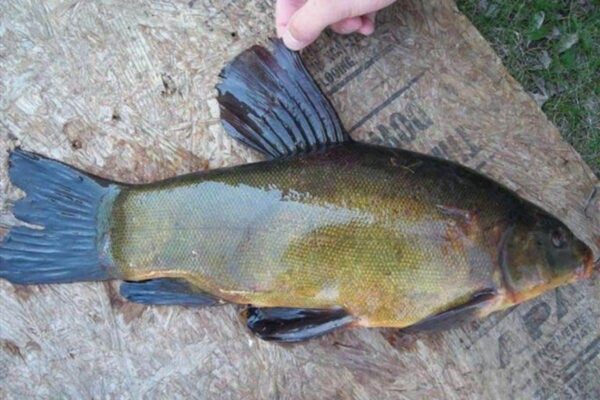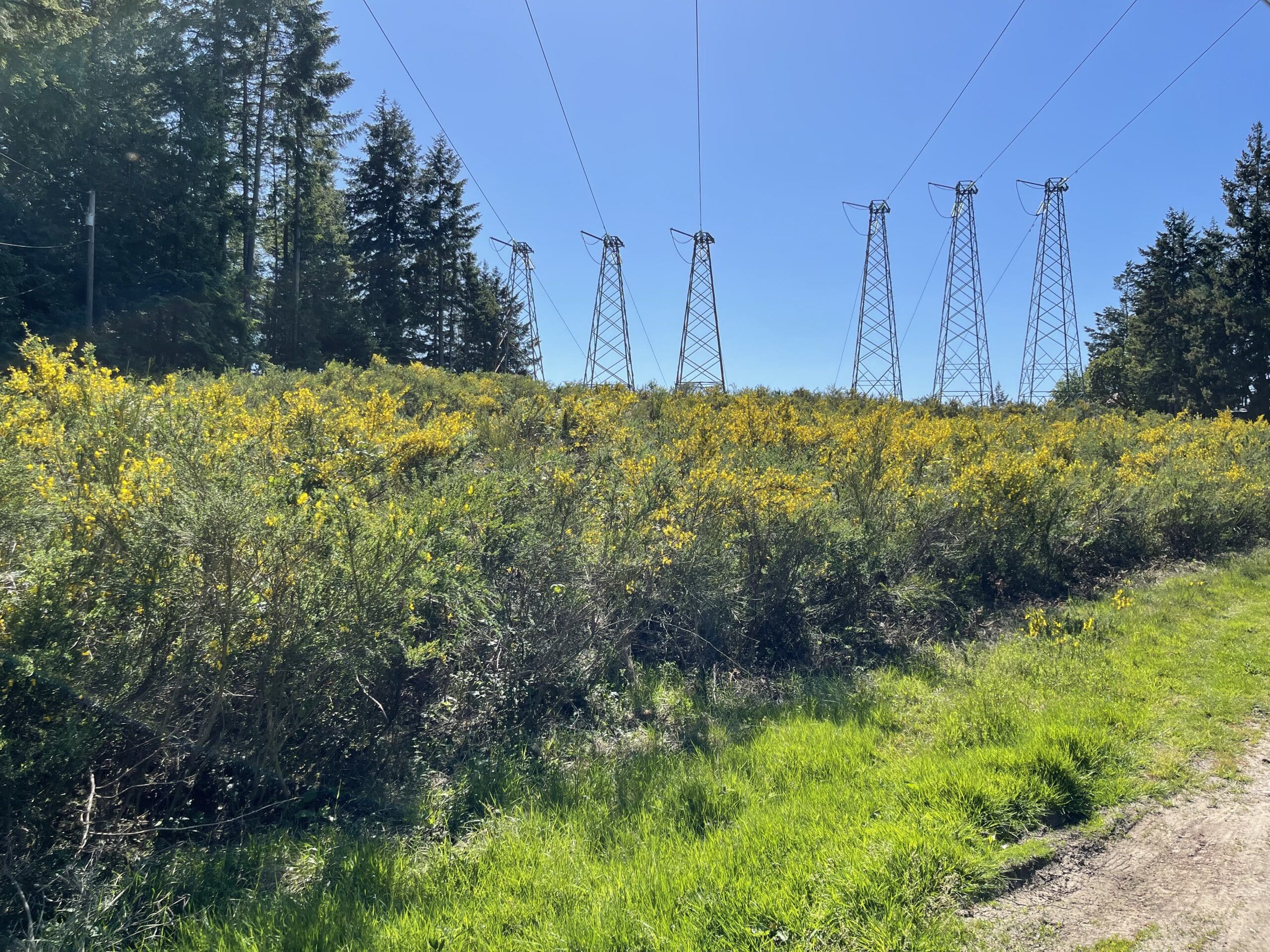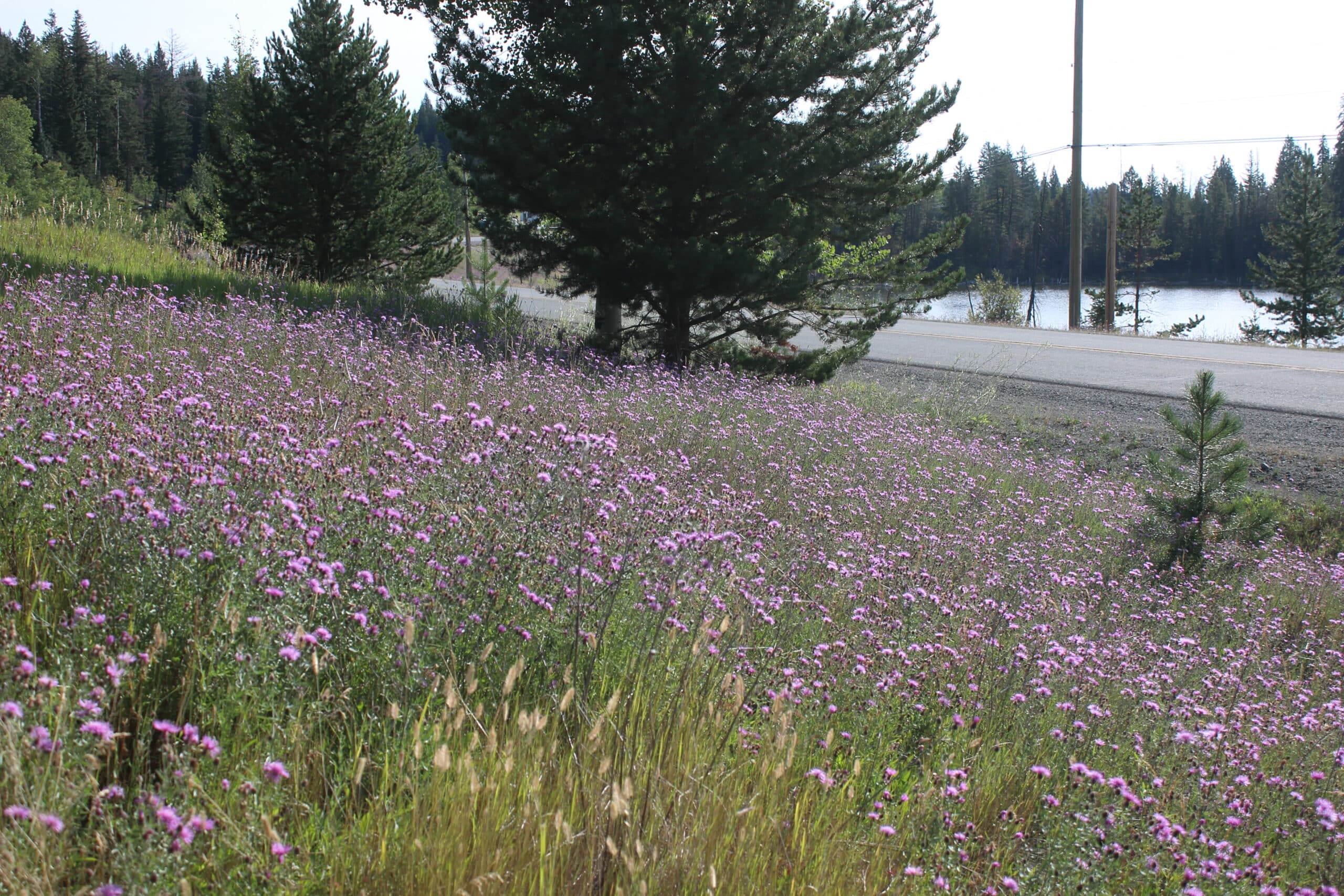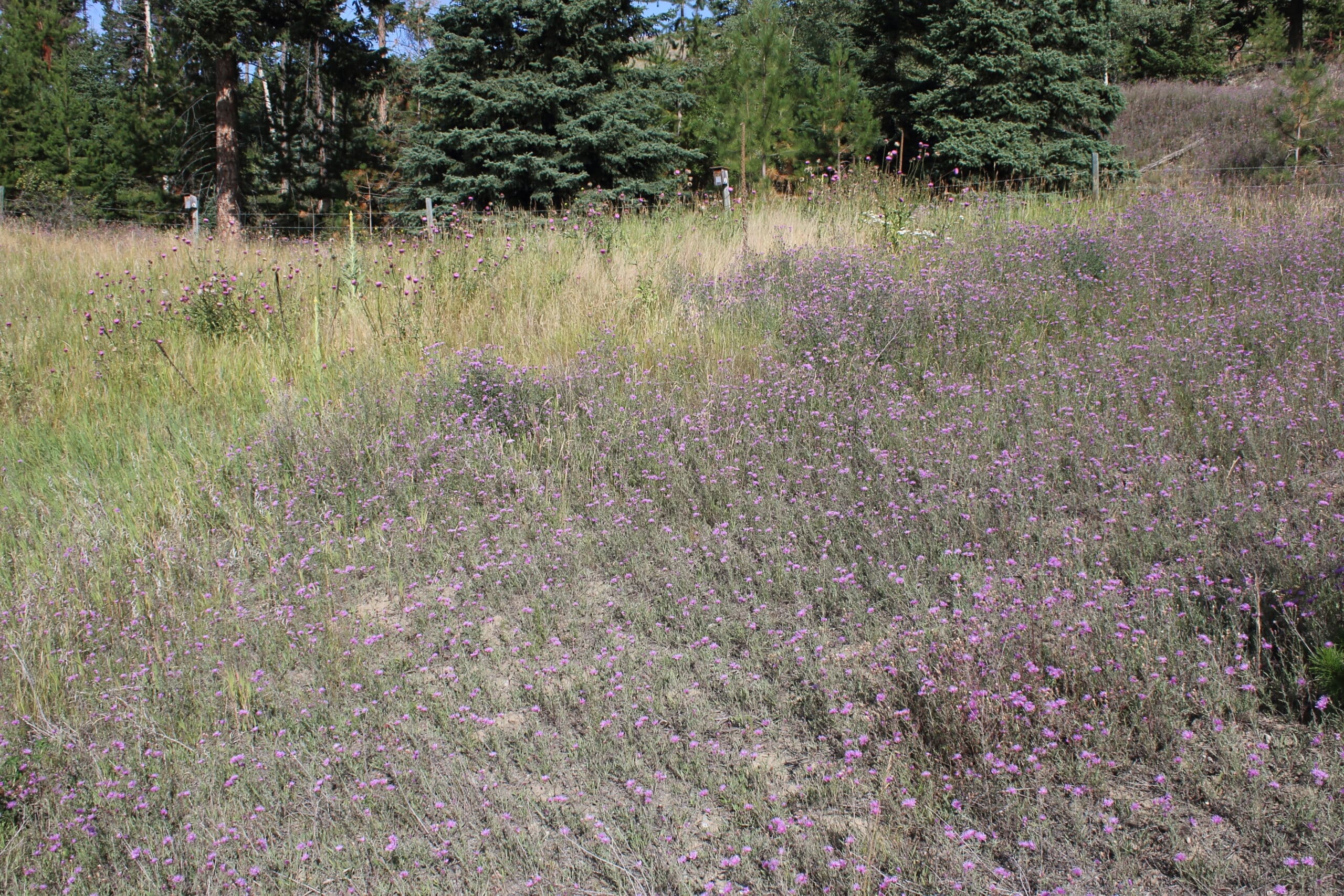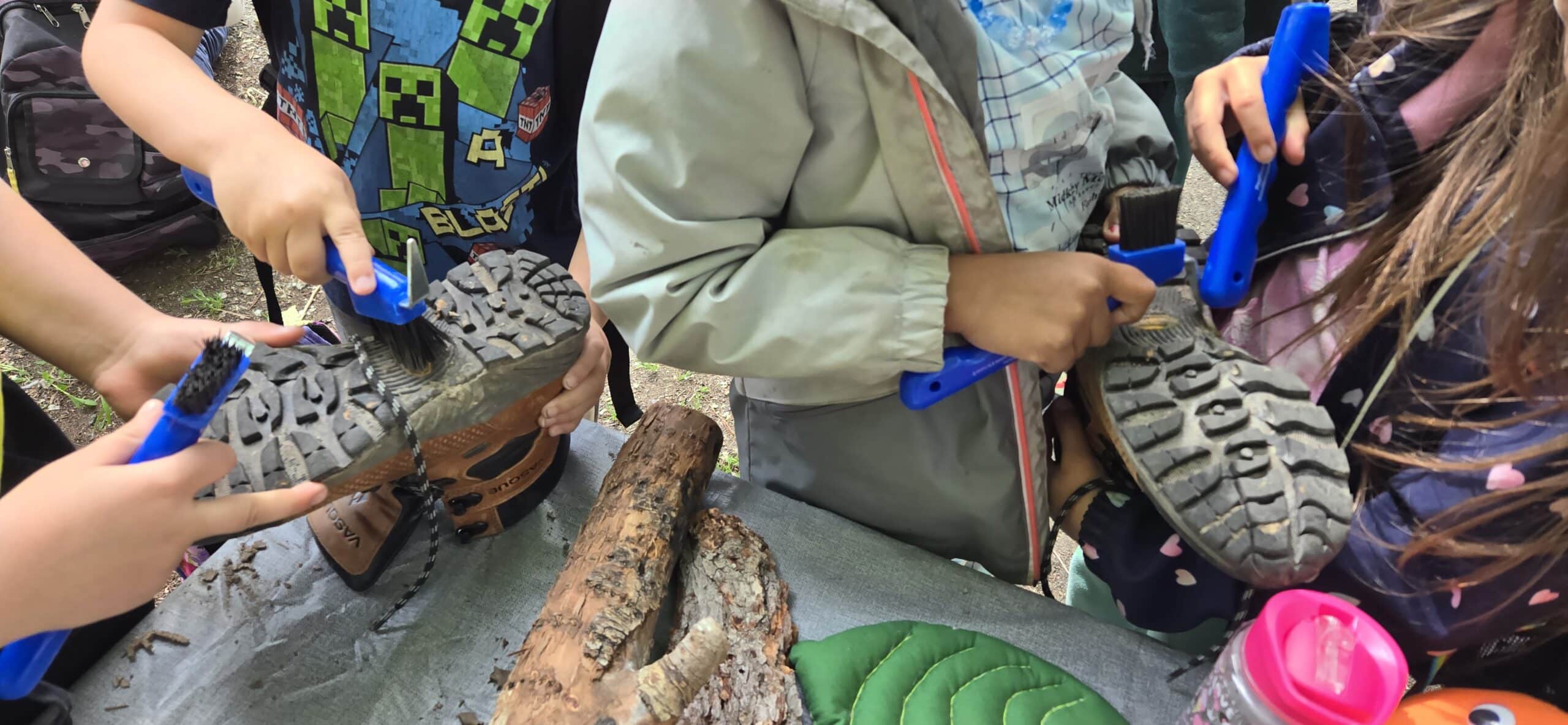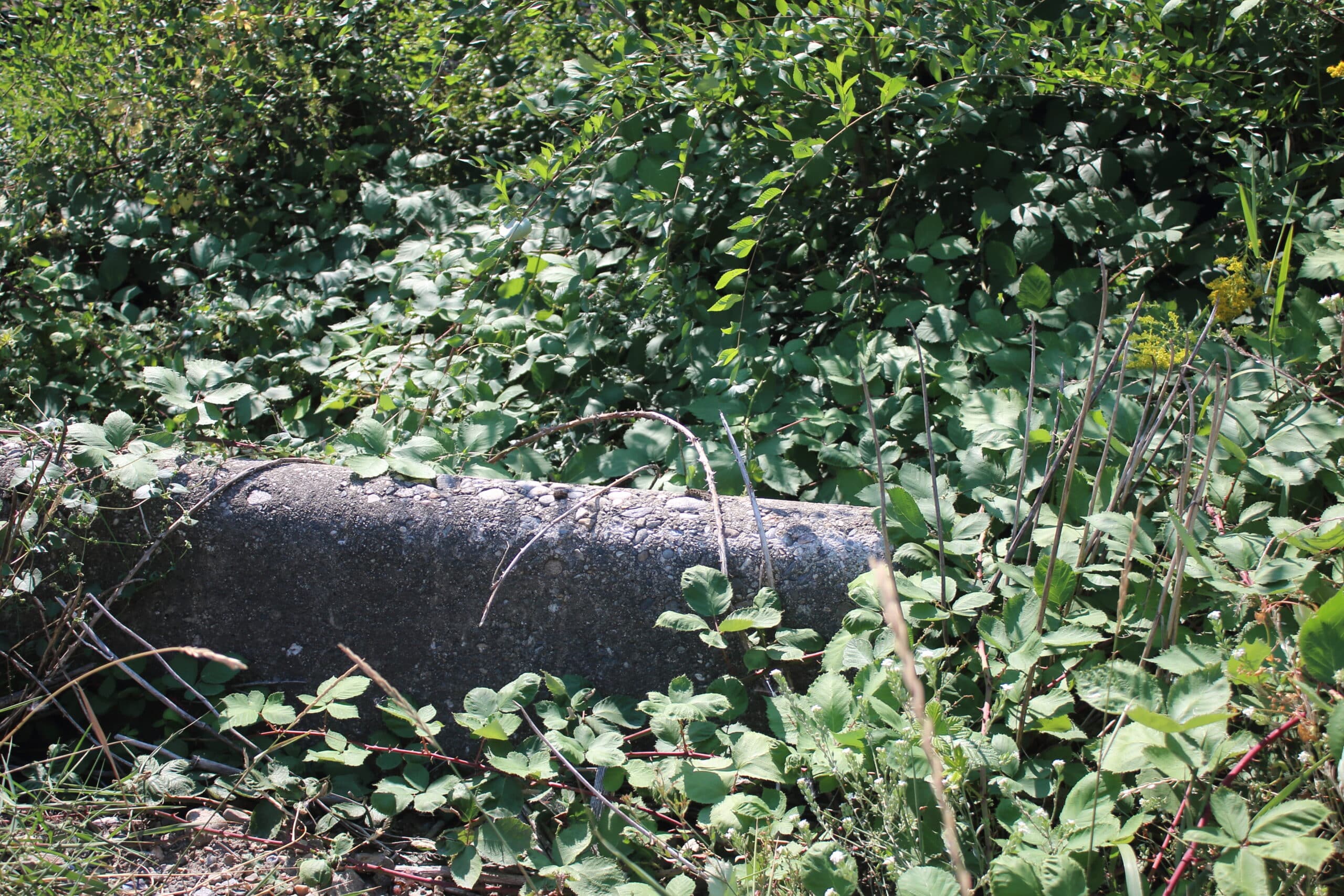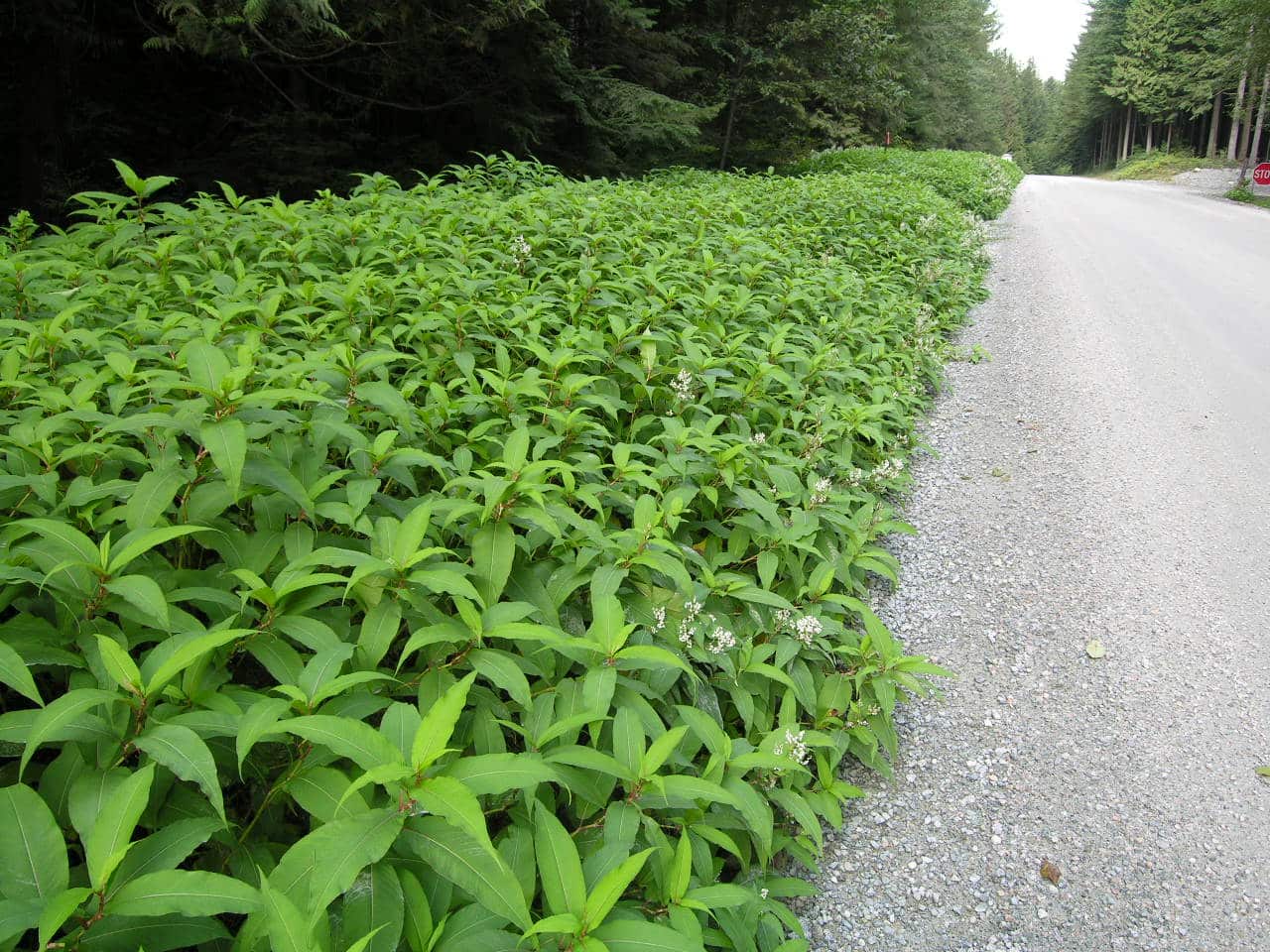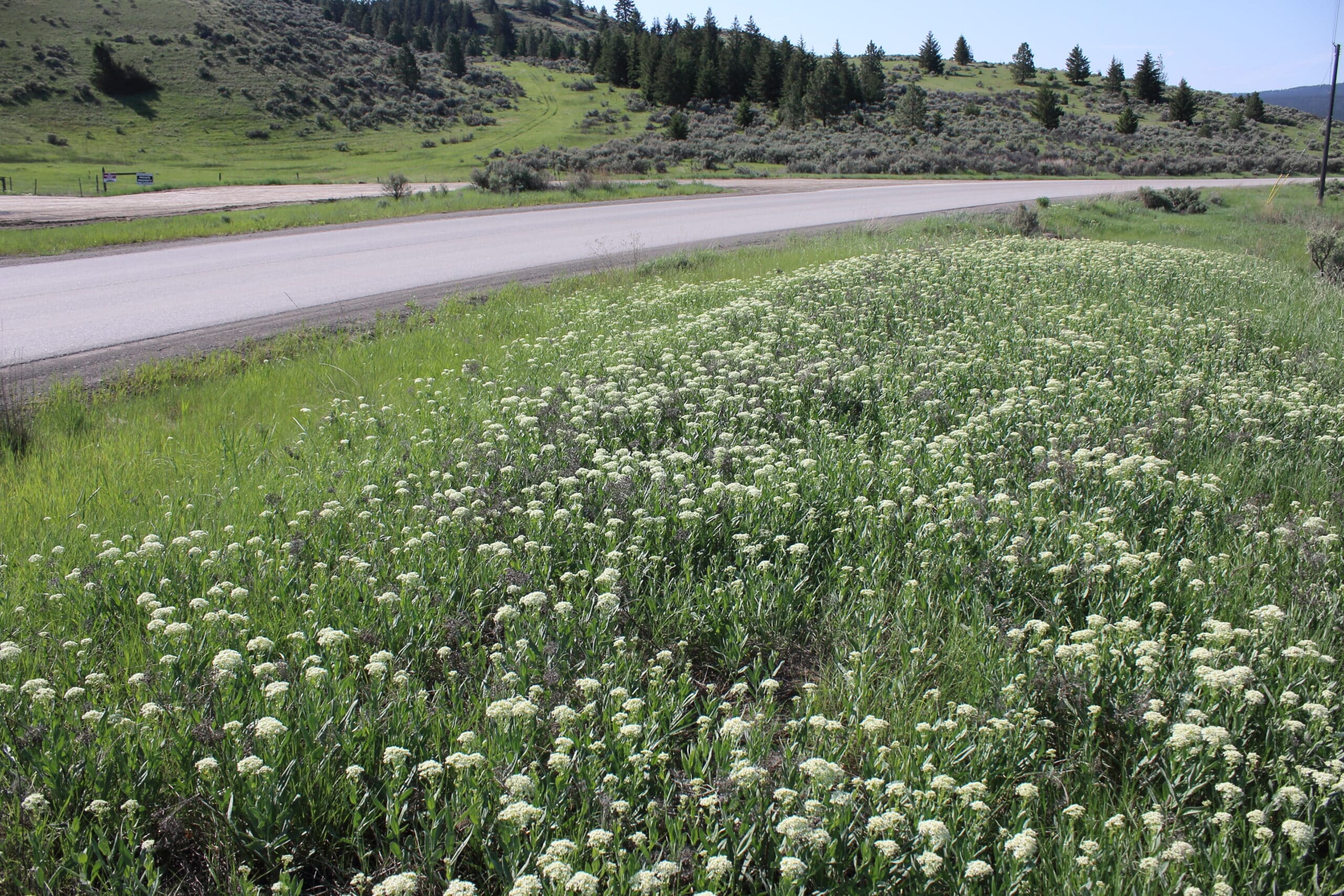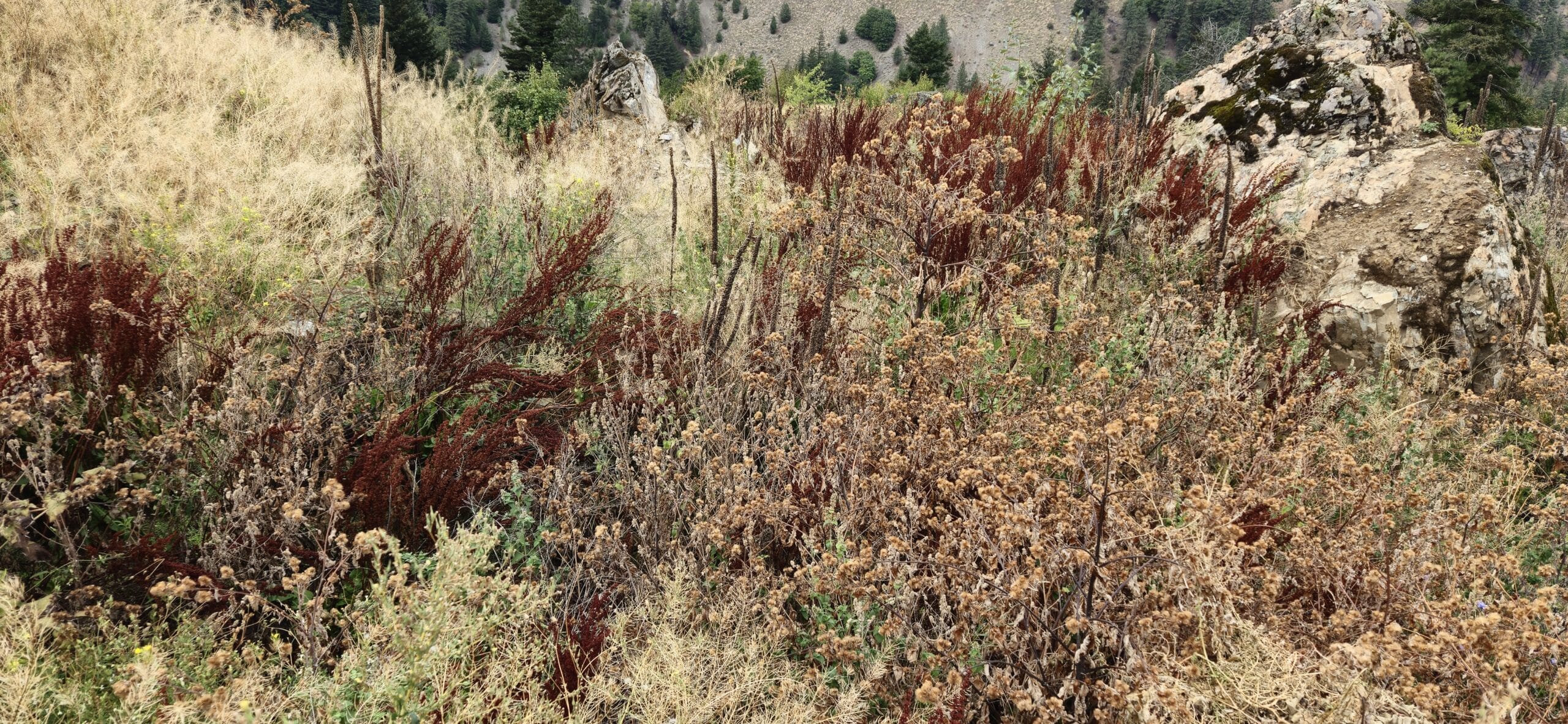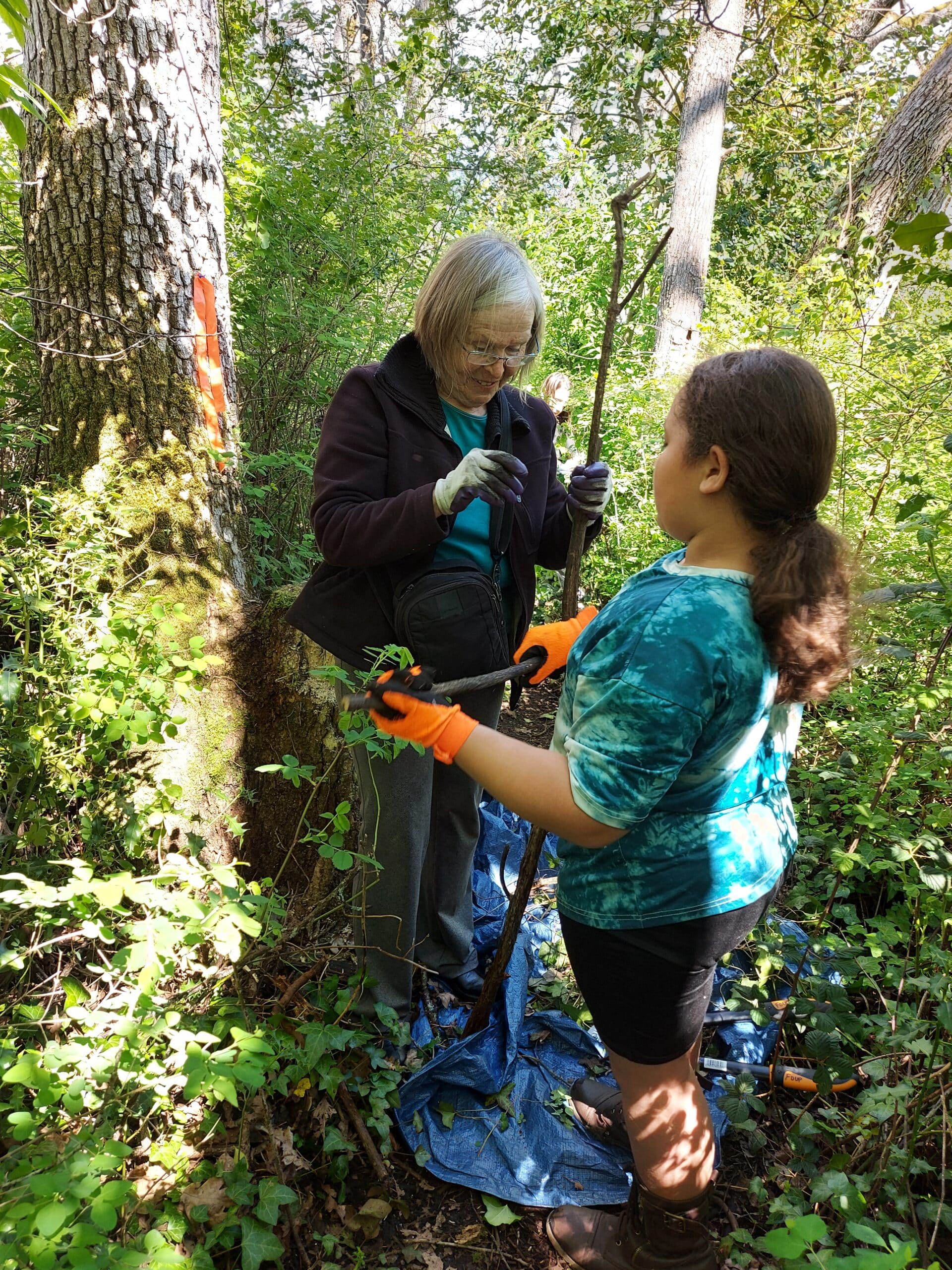Tench
About This Species
Tench are native to Europe and West Asia. They have been invasive in the United States since the early 1800s and have spread to BC from Washington through the Columbia River.
Tench can survive low-oxygen conditions, and at in a wide water temperature range between 0-24 °C. They reproduce when water temperatures are between 10-16 °C. This makes them especially adapted to living in many BC waterways. They prefer slow-moving water with lots of vegetation. During the winter, they bury themselves in mud at the bottom of ponds and lakes.
Tench are omnivores and decrease water clarity through their feeding activity. This makes them a threat to many aquatic species, as they compete for food, habitat, and reduce the amount of sunlight reaching aquatic plants, slowing or preventing their growth. Tench are designated as a Management species by the BC Provincial Priority Invasive Species List.
How to Identify
Tench are a large, robust fish (20-84 cm long) with small scales that are dark green near the dorsal fin and fade to a light yellow near the belly. The fins are darker than the body and are rounded, except the tail fin which is flat. They have a dark orange iris and a single pair of barbels (whiskers) at the edge of their mouth.
Some Tench have been artificially bred to resemble Goldfish, with a light gold or red colour and black or red spots. These may be sold as stock fish for ponds and aquaria.
Take Action
Prevention is the best approach.
- Aquariums & Water Gardens Factsheet PDF
-
If you need advice about invasive species on your property or you are concerned about reported invasives in your local area, contact your local government or regional invasive species organization.
PREVENTION TIPS
It is illegal to possess, breed, release, sell, or transport live Tench in BC. The use of live finfish as bait is strictly prohibited in BC.

Don't Let It Loose
Learn about best practices
Invasive species are plants, animals or other organisms that are not native to BC, and have serious impacts on our environment, economy and society. Never release your plants and animals into the wild or dump aquariums or water garden debris into rivers, streams, lakes or storm sewers!
REPORT TO PROTECT BC’S BIODIVERSITY

Use the app
Observe and report to protect BC’s biodiversity

Report through this website
Use our form to tell us what you’re seeing and where.



